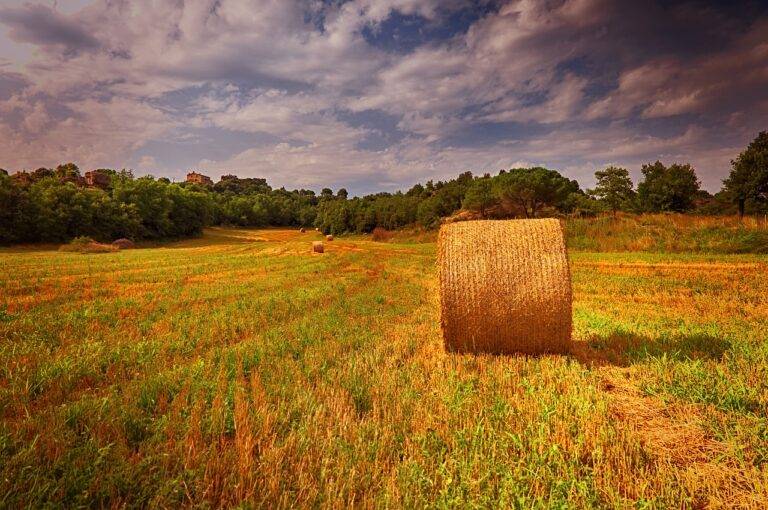Exploring Food Industry Investments in Sustainable Agriculture Infrastructure
Sustainable agriculture focuses on practices that are environmentally friendly and promote long-term viability. It involves techniques that aim to protect natural resources, reduce pollution, and maintain soil health. By prioritizing sustainability, farmers can ensure that their lands remain productive for future generations while also contributing to the overall health of the planet.
Key principles of sustainable agriculture include crop rotation, integrated pest management, and conservation tillage. These practices help minimize the need for synthetic inputs like pesticides and fertilizers, instead emphasizing natural solutions and efficient resource use. Through a holistic approach that considers the interconnectedness of ecosystems, sustainable agriculture seeks to strike a balance between productivity, profitability, and environmental stewardship.
• Crop rotation helps maintain soil fertility and reduces the build-up of pests and diseases
• Integrated pest management focuses on using beneficial insects, crop rotation, and other techniques to control pests naturally
• Conservation tillage minimizes soil disturbance, reduces erosion, and improves water retention
• Sustainable agriculture aims to promote biodiversity by creating habitats for pollinators and beneficial organisms
• By reducing reliance on synthetic inputs, sustainable agriculture can help mitigate climate change impacts
The Importance of Food Industry Investments
Investing in the food industry is crucial for ensuring a secure and sustainable global food supply. These investments drive innovation in agricultural practices, food production, and distribution networks, ultimately leading to improved efficiency and productivity in the sector. Moreover, by supporting advancements in technology and research, investments in the food industry contribute to meeting the growing demands of an increasing population while also addressing environmental concerns.
Furthermore, financial support in the food industry plays a pivotal role in promoting food security and reducing food waste. By modernizing infrastructure and implementing more efficient processes, investments help in enhancing food preservation methods, transportation systems, and storage facilities. This not only ensures that food reaches consumers in a timely manner but also minimizes spoilage and loss, thus supporting overall sustainability and resilience in the food supply chain.
Challenges in Current Agriculture Infrastructure
A key challenge facing modern agriculture infrastructure is the lack of technological integration and innovation in farming practices. Many regions still heavily rely on outdated methods and equipment, hindering efficiency and productivity. Additionally, the increasing global population puts pressure on agricultural systems to produce more food using limited resources, further highlighting the necessity for modernization within the industry.
Furthermore, the sustainability of current agricultural practices is in question due to the depletion of natural resources and environmental degradation. Intensive farming methods, such as excessive pesticide use and monocropping, have led to soil erosion, water pollution, and biodiversity loss. It is imperative for agricultural infrastructure to evolve towards more sustainable practices to ensure long-term food security and ecological health.
What is sustainable agriculture?
Sustainable agriculture is a farming practice that aims to meet the needs of current generations without compromising the ability of future generations to meet their own needs. It involves implementing practices that are environmentally friendly, socially responsible, and economically viable.
Why is it important for the food industry to invest in agriculture infrastructure?
Investing in agriculture infrastructure is crucial for ensuring the sustainability and efficiency of the food industry. It helps improve productivity, reduce waste, and ensure the availability of fresh and nutritious food for consumers.
What are some of the challenges faced by the current agriculture infrastructure?
Some of the challenges faced by current agriculture infrastructure include outdated technology, lack of access to water and resources, soil degradation, climate change, and the need for sustainable farming practices.
How can these challenges be addressed?
These challenges can be addressed by investing in new technology, promoting sustainable farming practices, improving access to resources, implementing climate-smart agriculture techniques, and supporting research and innovation in the agriculture sector.







